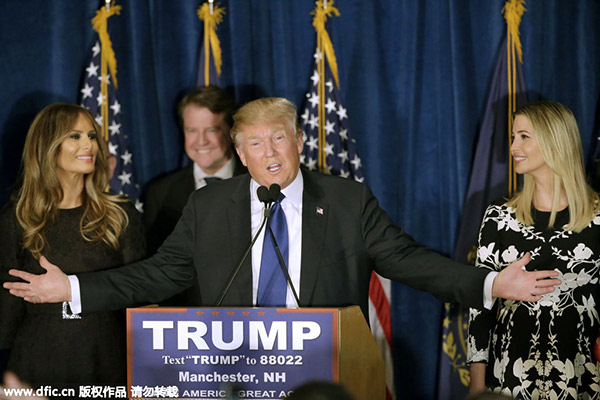Economic issues sidelined in US presidential primary
Updated: 2016-02-11 07:27
(Xinhua)
|
|||||||||||
Marty Ellsworth, born and raised in Georgetown of Washington DC, is a part-time salesman at a Ralph Lauren clothing store near his home.
"It's easy to find a job like waiters and bar tenders, but a better-paying work will be difficult to find if without a degree," he said.
When the labor market seems near "full employment", it could point to higher wages and rising inflation.
However, for years US wage earners have barely seen their incomes grow, while inflation is far below the Federal Reserve's two percent target.
Economists at Standard & Poor said, taken the broader unemployment measures into account as they called it "U-6", which includes the official unemployed, discouraged workers and part-timers who'd like full-time jobs, the unemployment rate is 9.9 percent now.
Democratic candidate Bernie Sanders also argued that the real unemployment rate for Americans is over ten percent if people forced to work part time were counted as the unemployed.
To tackle the stagnant wage increase and the still underutilized job market, Democratic candidates turn to raising minimum wage and cutting taxes for the working middle class.
Republican candidates vow to improve international trade deals and bring the outsourced jobs back to America. However, they have not offered any detailed plans except for sketches and slogans.
Today's Top News
UK's Pinewood film studios eyes China expansion
'China's continuous growth benefits UK and the world'
China detects first imported case of Zika virus
Cameron expects even better ties with China
Eight dead in train crash in Germany
Seven dead, hundreds injured after quake flattens buildings in Taiwan
Jack magic
Famous rebel with the golden gaze
Hot Topics
Lunar probe , China growth forecasts, Emission rules get tougher, China seen through 'colored lens', International board,
Editor's Picks

|
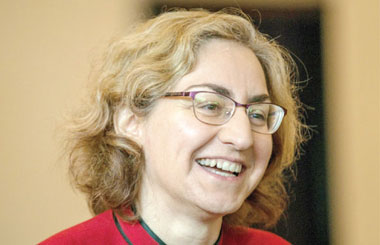
|
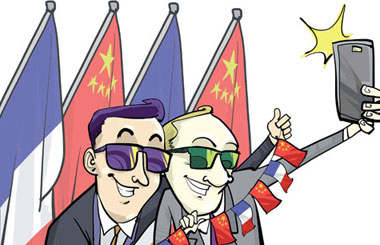
|
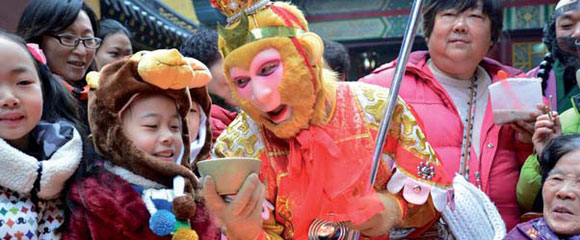
|
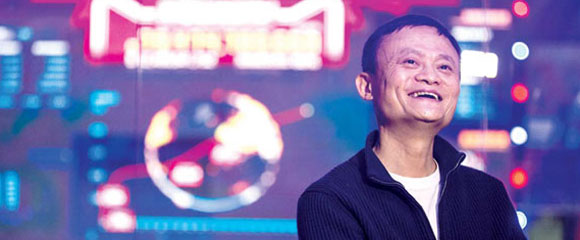
|

|
